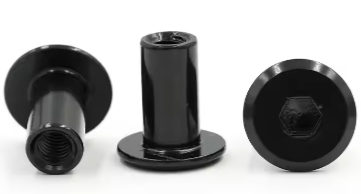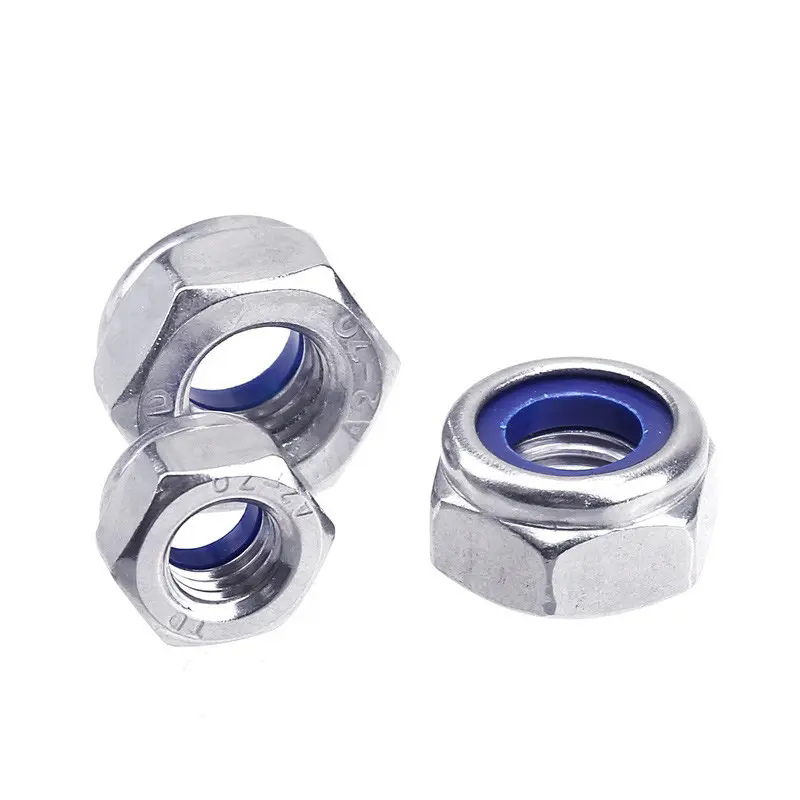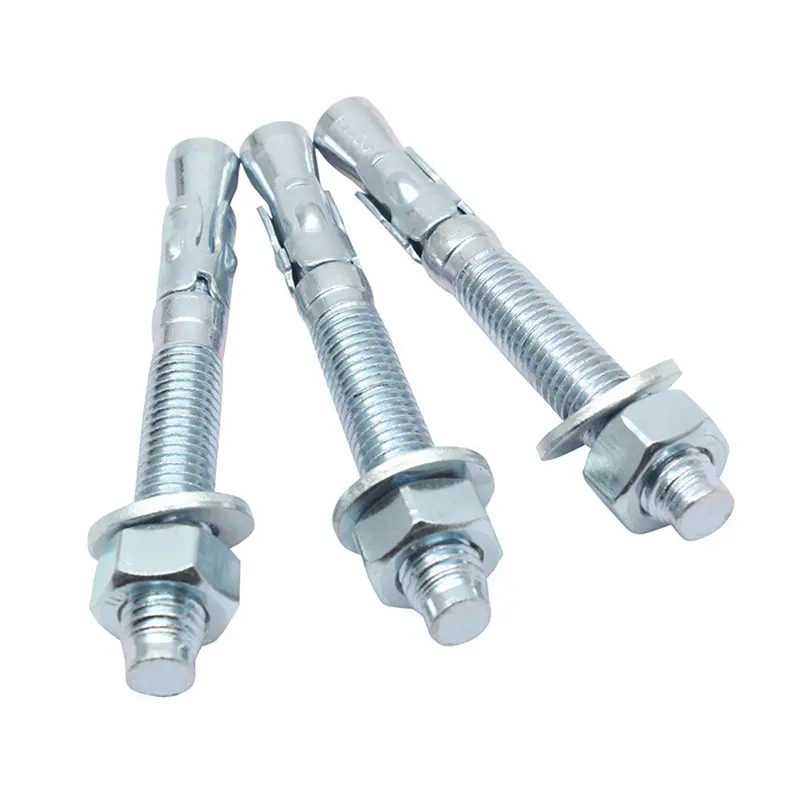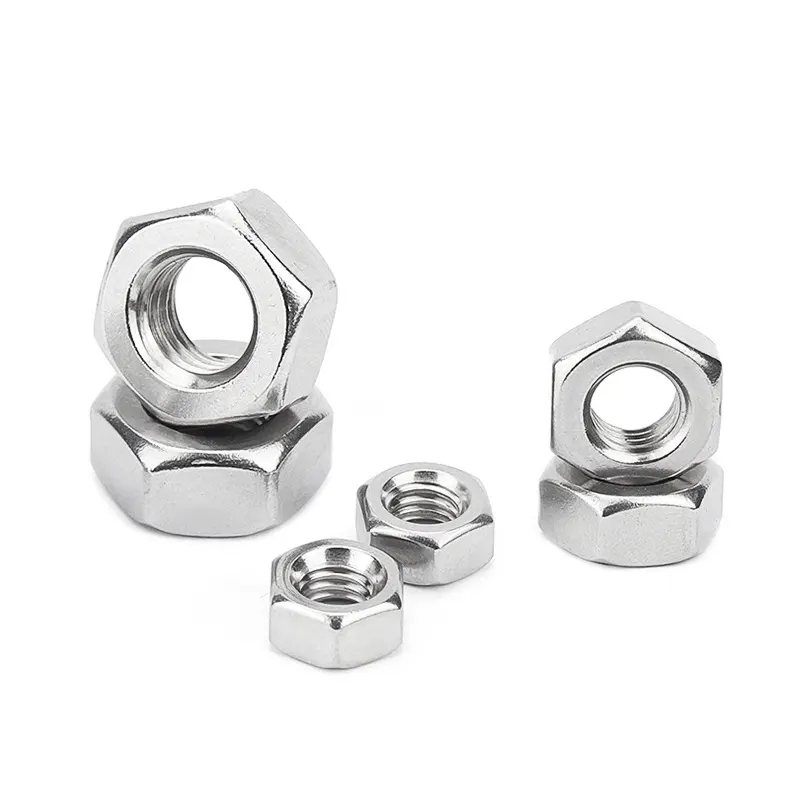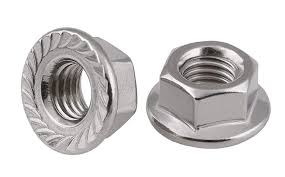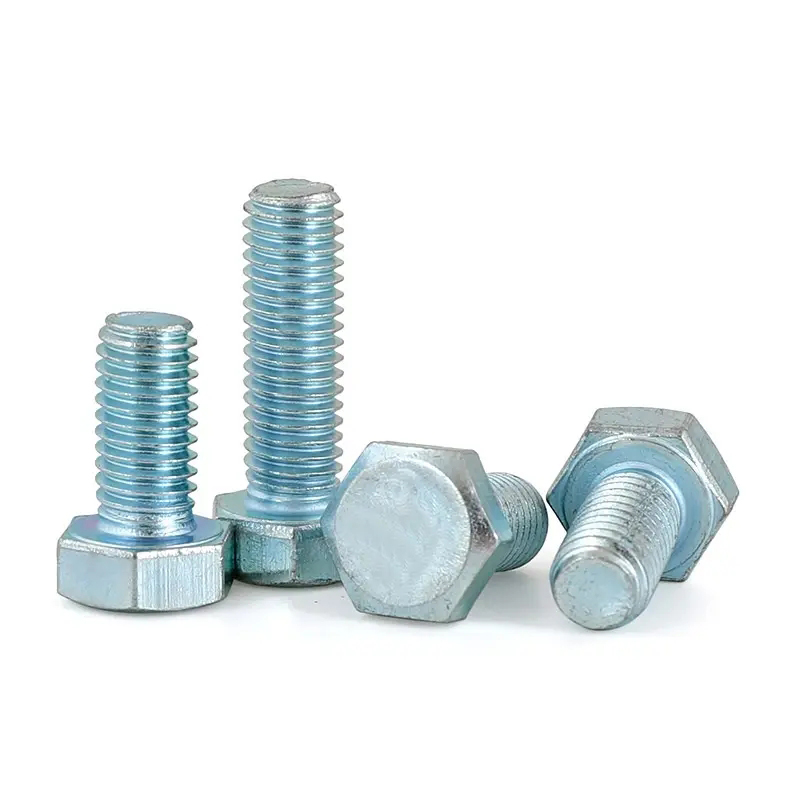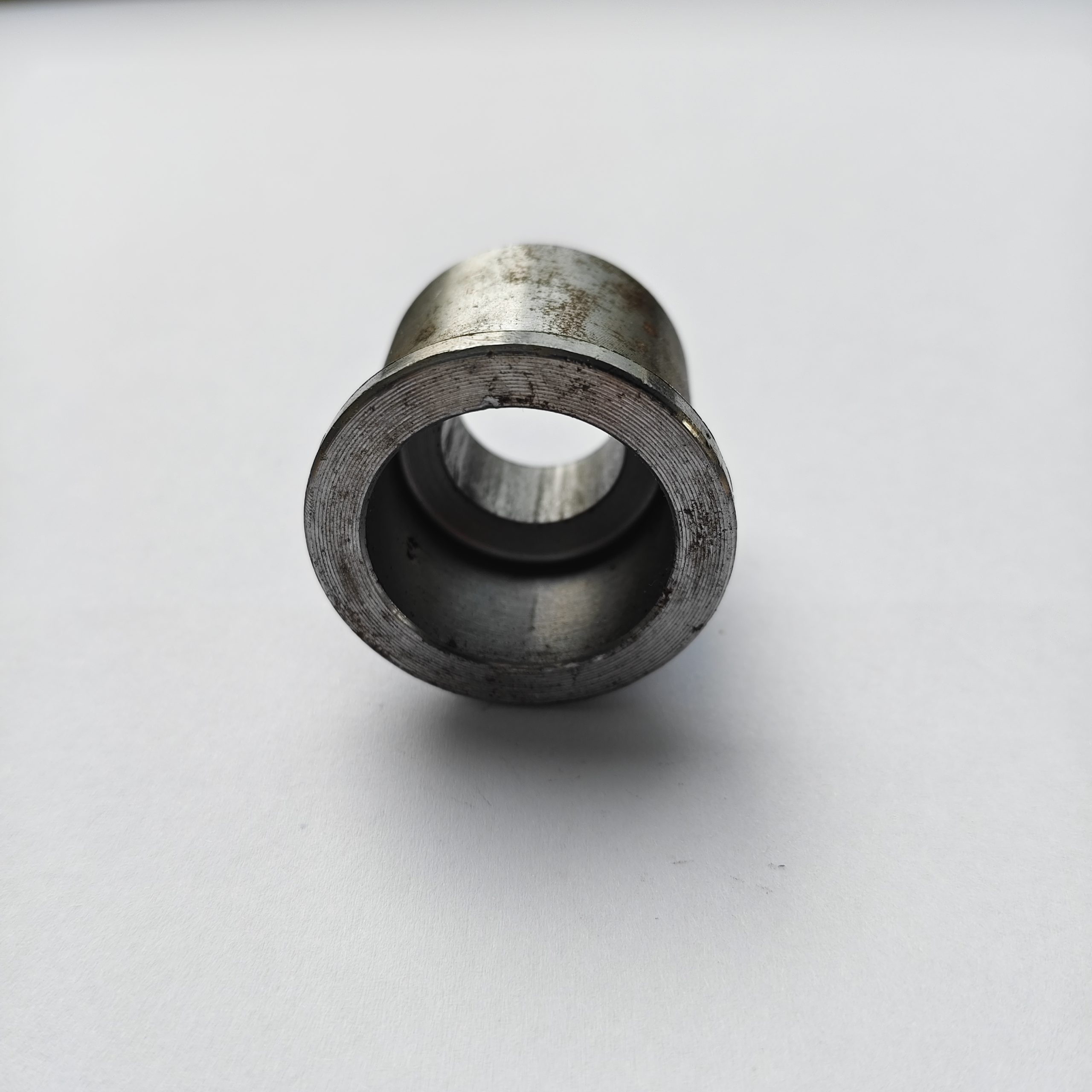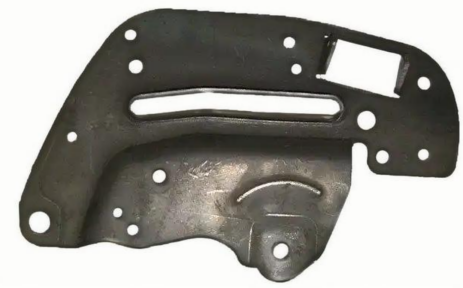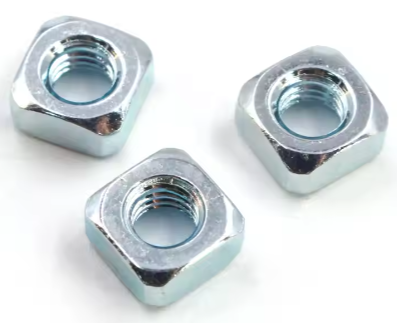

This comprehensive guide helps you understand everything you need to know about purchasing flange bolts and nuts, covering types, materials, applications, and where to find reliable suppliers. We'll explore the crucial factors to consider when selecting the right fasteners for your specific needs, ensuring your project's success.
Flange bolts and nuts are a type of fastener featuring a widened head (flange) on the bolt, eliminating the need for a separate washer. This design provides a larger bearing surface, enhancing clamping pressure and reducing the risk of damage to the workpiece. They are widely used in various applications where strength, reliability, and ease of installation are crucial.
Several types of flange bolts and nuts exist, categorized by head style, material, and grade. Common head styles include hex flange bolts, square flange bolts, and button head flange bolts. Materials range from carbon steel, stainless steel, and alloy steel, each with varying strength and corrosion resistance properties. Grade refers to the tensile strength of the bolt material.
| Material | Strength | Corrosion Resistance | Applications |
|---|---|---|---|
| Carbon Steel | High | Low | General purpose applications |
| Stainless Steel | High | Excellent | Applications requiring corrosion resistance (e.g., marine environments) |
| Alloy Steel | Very High | Moderate | High-strength applications |
Selecting the correct material for your flange bolts and nuts is critical. Carbon steel offers a cost-effective solution for general applications. Stainless steel is preferred in corrosive environments, providing superior longevity. Alloy steel provides the highest tensile strength for demanding projects. The choice depends entirely on the specific application and environmental factors.
Choosing the appropriate flange bolts and nuts involves several crucial factors: thread size, length, material, grade, and head style. Accurate measurements are essential to ensure a proper fit and secure connection. The application environment (indoor vs. outdoor, dry vs. wet) heavily influences material selection. Consulting engineering specifications is always recommended for complex projects.
For high-quality flange bolts and nuts, consider reputable suppliers with proven track records. Online retailers often offer convenience and a wide selection. However, it's crucial to verify the supplier's certifications and quality assurance procedures before making a purchase. For a reliable source of high-quality fasteners, explore Hebei Dewell Metal Products Co., LTD. They offer a wide range of fasteners, including flange bolts and nuts, known for their quality and durability.
Correct installation is key to ensuring the strength and longevity of the flange bolts and nuts. Use the appropriate tools (socket wrenches, torque wrenches) and apply consistent torque to prevent stripping or damage. Over-tightening can weaken the fastener and compromise structural integrity. Always consult relevant industry standards and best practices.
Regular inspection of flange bolts and nuts is critical, especially in high-vibration or corrosive environments. Check for signs of corrosion, loosening, or damage. Replacing damaged fasteners promptly prevents potential failures and ensures safety.
This guide provides a comprehensive overview of flange bolts and nuts. Remember, choosing the right fasteners is essential for any project's success. Always prioritize quality and proper installation techniques to ensure reliability and longevity.

